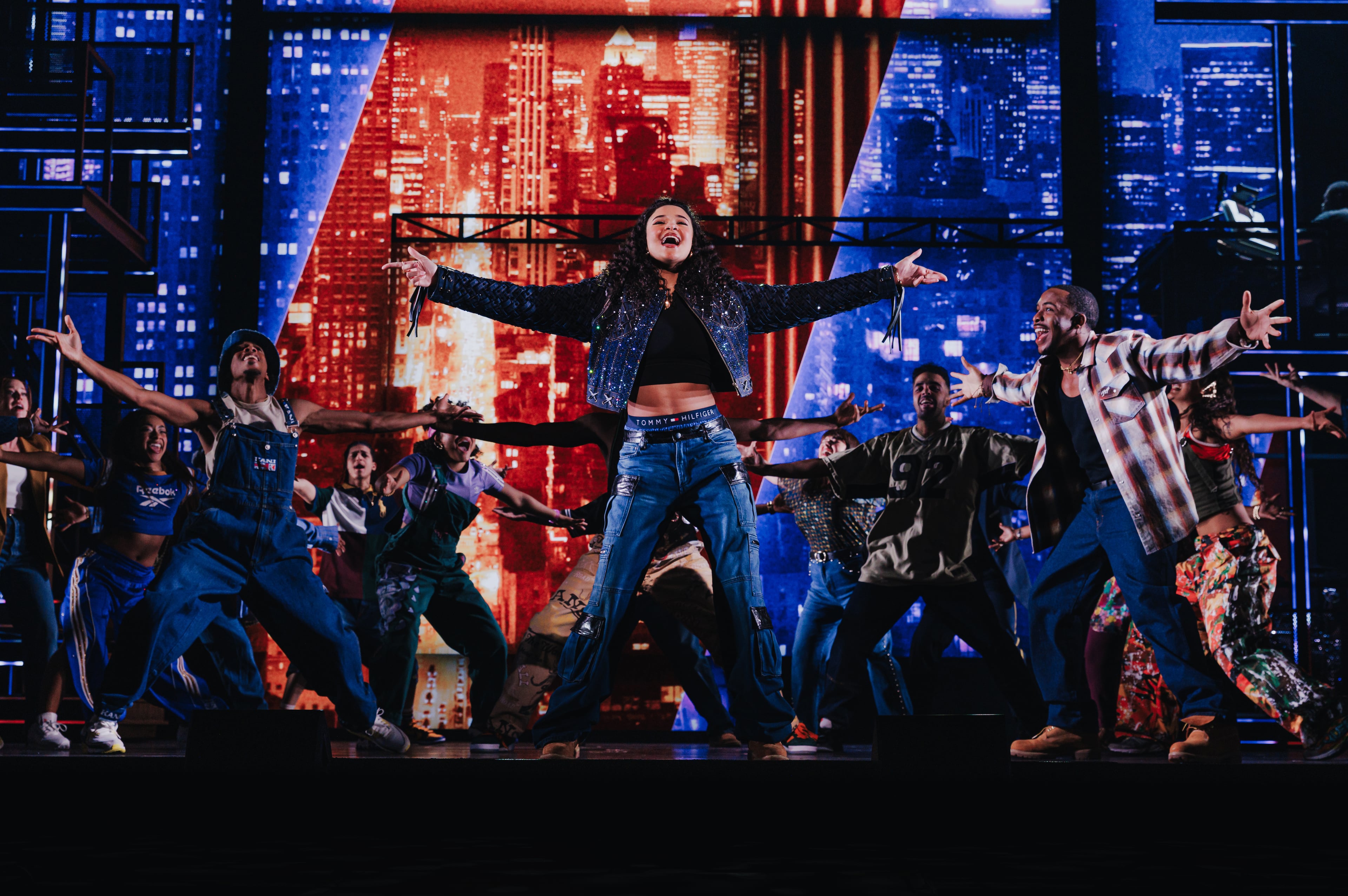Atlanta artist pays tribute to Rev. Martin Luther King Jr. with Google Doodle
An Atlanta artist and scholar is responsible for the Google Doodle many have seen on their browsers on Martin Luther King Jr. Day.
Dr. Fahamu Pecou created the design that he says captures the most important parts of the late civil rights leader’s legacy, according to a press release.
» RELATED: Why Martin Luther King Jr.'s father changed their names
Today’s #GoogleDoodle honoring MLK Day 2020, courtesy of yours truly! pic.twitter.com/HpBKqXbNy5
— Dr. Fahamu Pecou (@fptheshit) January 20, 2020
“Dr. King is remembered as one of the most important human beings in history,” Dr. Pecou said in a statement. “In some ways, his level of achievement, compassion, and significance can be daunting. But Dr. King, in his own words, reminded us that what he did and stood for was no extraordinary feat — we must rise to our own greatness for the betterment of all mankind.
“He reminded us that no man was ever granted a right that he didn’t fight for. And that when we come together — we as a country, as a people, as human beings — we can overcome anything and make this world a better place.”
» RELATED: Reclamation and veneration in Fahamu Pecou's new exhibit "Do or Die"
The accompanying artwork features a group of people of varying genders, ages and backgrounds linking arms. The person in the center wears a jacket featuring King’s image.
Pecou, whose work has been featured in the Clark Atlanta University Art Museum, the Museum of Contemporary Art of Georgia. National Museum of African American Art and Culture, discovered personal inspiration in the city. Atlanta is where Pecou calls home and where King famously left a mark.
“His presence is felt throughout the city, in the Sweet Auburn district where he was born and raised, the campus of Morehouse College where he was educated, and the State Capitol,” the artist said. “There are many sites around the city, monuments to Dr. King and his legacy. The impact of his life and legacy directly shapes my reality, and the conviction in his words and activism shape my perspective.”
Pecou says he hopes the illustration “inspires personal activism” and explained, “I hope every person that sees it, sees themself. I hope they see that any and every individual has the capacity to make our world better. I hope they see that Dr. King's words are a call to ACTION, and that we collectively play our parts in performing that action until the ‘dream’ is manifest.”


